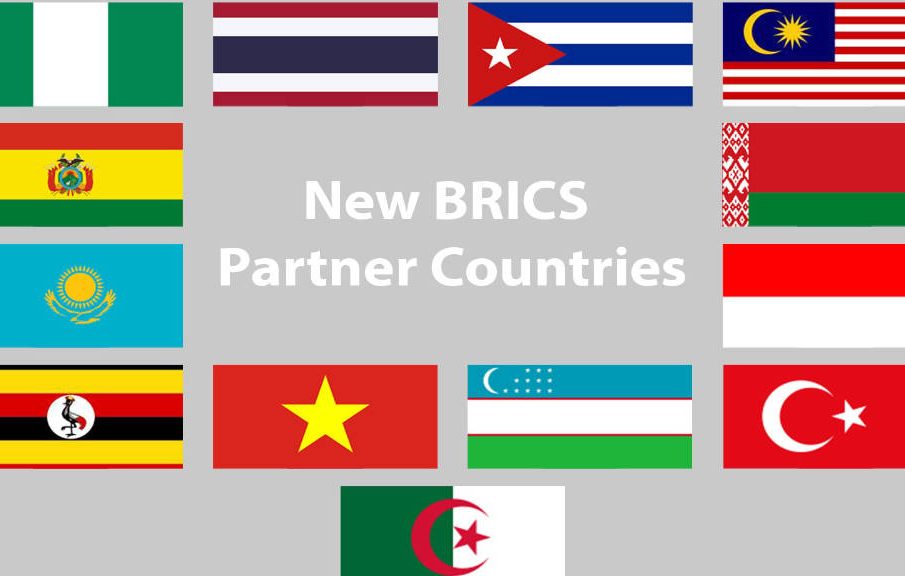Understanding the BRICS Countries and Their Impact

Introduction
In recent years, the BRICS nations—Brazil, Russia, India, China, and South Africa—have emerged as a formidable collective in global affairs. Comprising over 40% of the world’s population and contributing substantially to global GDP, the BRICS countries hold significant sway in economic, political, and cultural arenas. This article explores the importance of BRICS countries and their growing influence in the contemporary world landscape.
Current Developments in BRICS
As of late 2023, the BRICS alliance has intensified its efforts to shape a multipolar world order. In August, the group expanded by admitting six new members: Argentina, Egypt, Ethiopia, Iran, Saudi Arabia, and the UAE, reflecting its ambition to increase its presence on the global stage. This expansion is aimed at enhancing economic cooperation and fostering stability among emerging economies amidst geopolitical tensions.
Economic Collaboration
The economic collaboration among BRICS countries is notable. The member nations are focused on increasing trade and investment flows among themselves, aiming to reduce dependence on traditional Western financial systems. Initiatives such as the New Development Bank (NDB) and the Contingent Reserve Arrangement (CRA) are key frameworks that facilitate infrastructure financing and provide financial stability to member nations.
Political Dynamics and Challenges
The political dynamics within BRICS have not been without challenges. Differences in geopolitical interests often lead to friction. For instance, the India-China border dispute has occasionally overshadowed the group’s collective efforts. However, the BRICS framework allows these nations to engage in dialogue and negotiate mutual interests while navigating their complex relationships.
The Future of BRICS
Looking ahead, the significance of BRICS countries in international relations is expected to grow. With a collective population exceeding 3.6 billion and a significant share of global economic output, BRICS poses a challenge to Western-dominated institutions. The potential for further expansion, coupled with increased intra-BRICS cooperation, may usher in a new era of global governance characterized by diversity and collaboration.
Conclusion
In conclusion, BRICS nations play a crucial role in the evolving landscape of global politics and economics. Their collaboration represents a shift towards a multipolar world, where emerging economies are striving for a larger voice in international governance. As these nations continue to strengthen their ties, it will be essential for the global community to monitor their progress, recognizing the significant impact they have on international developments.







